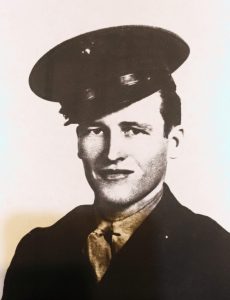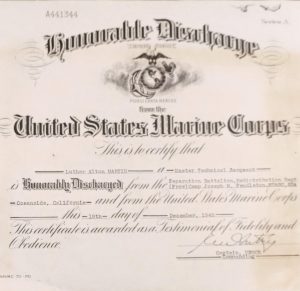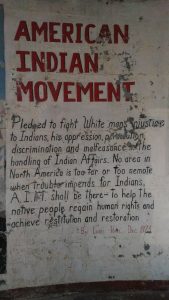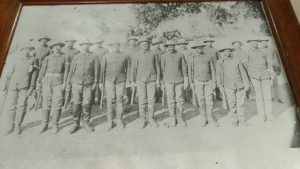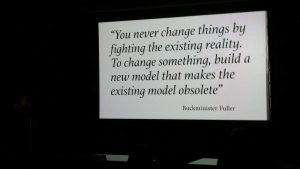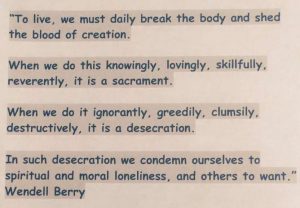War & Penance | Commonweal Magazine
“A parish with veterans who have recently returned from war might take the opportunity to join them in penance, to recognize a shared culpability, to ‘bear one another’s burdens, and so fulfill the law of Christ’ (Galatians 6:2). This would be far more appropriate—and surely far more pleasing to the Lord—than another round of patriotic hymns.”
…………………..
“But neither vilifying veterans nor heroizing them will help them come home well. Neither helps them come to terms with their actions during deployment. This is where the Church has the tools, and the responsibility, to take action. It can do so by demanding penance from those who have returned from war. To demand penance is not to demonize. Rather, it amounts to an acknowledgment that ‘evils and injustices accompany all war’ (the Catechism of the Catholic Church, §2307). War, as the Second Vatican Council tells us, is something we’re enslaved to, something from which we should desire to be freed.”
“This is not to downplay the moral challenges faced by the individual soldier who has sinned on the battlefield. Some will return from a conflict bearing serious personal guilt. In this case, neither heroization nor demonization will provide the medicine that a wounded soul needs. Demonizing the returning soldiers can drive them to despair, to conclude that Christ’s forgiveness is not available to them. Heroizing soldiers causes the opposite but equally damaging problem: presumption. Even if a returning soldier is aware of his or her guilt, being greeted as a hero is likely to cause some cognitive dissonance: Am I wrong to feel bad about what I’ve done if people are praising and thanking me for it?”
“… the war in Afghanistan was not a war of last resort. Though the events on 9/11 demanded a response, that response need not have been war. The speed with which the United States found itself in an ever-expanding conflict means that all other means for addressing the problem could not have been exhausted—not on that timeline. The United States had been attacked, and at least part of the reason for the immediate and overwhelming military response to the attack was the need to be seen to be doing something about it. But even if we assume that the United States had exhausted all other options, which seems exceedingly unlikely, two additional criteria were either ignored or abandoned.”
“Probability of success and proportionality are both crucial components of just-war analysis.”
“If it’s true that, as Pope Francis teaches in Fratelli tutti, ‘We can no longer think of war as a solution, because its risks will probably always be greater than its supposed benefits,’ then American Catholics should hear this from the pulpit. American Catholics might need to reconsider military service in light of their country’s recent record of waging unjust wars that devastate innocent civilians as well as combatants. This record remains difficult for me, as a veteran and an American, to confront.
If the Church has a responsibility to demand penance not only of veterans but of all U.S. citizens for their respective roles in the war in Afghanistan, what shape should that penance take? Why not start with the traditional penitential practices: fasting, almsgiving, and prayer. Specifically, the Church could provide returning veterans with catechetical instruction about praying the penitential psalms and participating in the sacrament of Reconciliation. It could impose a reasonable but serious period of fasting and involve returning veterans in the life of their parish communities. A parish with veterans who have recently returned from war might take the opportunity to join them in penance, to recognize a shared culpability, to ‘bear one another’s burdens, and so fulfill the law of Christ’ (Galatians 6:2). This would be far more appropriate—and surely far more pleasing to the Lord—than another round of patriotic hymns.”
……………….
“A parish with veterans who have recently returned from war might take the opportunity to join them in penance, to recognize a shared culpability, to ‘bear one another’s burdens, and so fulfill the law of Christ’ (Galatians 6:2). This would be far more appropriate—and surely far more pleasing to the Lord—than another round of patriotic hymns.”
War & Penance | Commonweal Magazine
